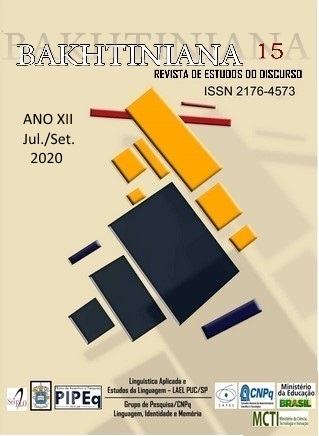Giallo & Subversive: The Neapolitan Novels and the Onset of “Ferrante Fever” in Brazil
Keywords:
Elena Ferrante, Mass literature, Historical Criticism, HybridismAbstract
With several bestsellers under her belt, Elena Ferrante is one of today’s most influential writers, albeit anonymous. Her work is an example of what we could call transitional literature, as it indicates mutations, residues and signs of the present, emphasizing displacements and margins in sociopolitical metamorphoses as well as civilization and ethical conflicts of living. In this essay, we intend to explore some elements of the ‘pop hybridism’ of her work, highlighting aspects that shaped her reception in Brazil and her feverish readership. What she calls ‘demargination’ is presented as potency: it allows a reconnection to the past and the knowledge of its implications in the identity, behavior and ethics of common people. Political action imbricate in historical experience: the narrative makes possible – in the present time – alterations of routes, previous ruptures, resistances, and blockages.








